TikTok Isn’t a Doctor: Why Online Misinformation is Dangerous
People are now turning to Google or social media platforms such as TikTok to find out what is wrong with them, versus consulting a doctor.
If you’ve ever checked out WebMD and convinced yourself you have a serious illness when you just have a headache, this relates to you.
Influencers Are More Accessible Than Healthcare Professionals
The public has influencers at the tip of their fingers, which is more accessible than making an appointment with a health care professional.
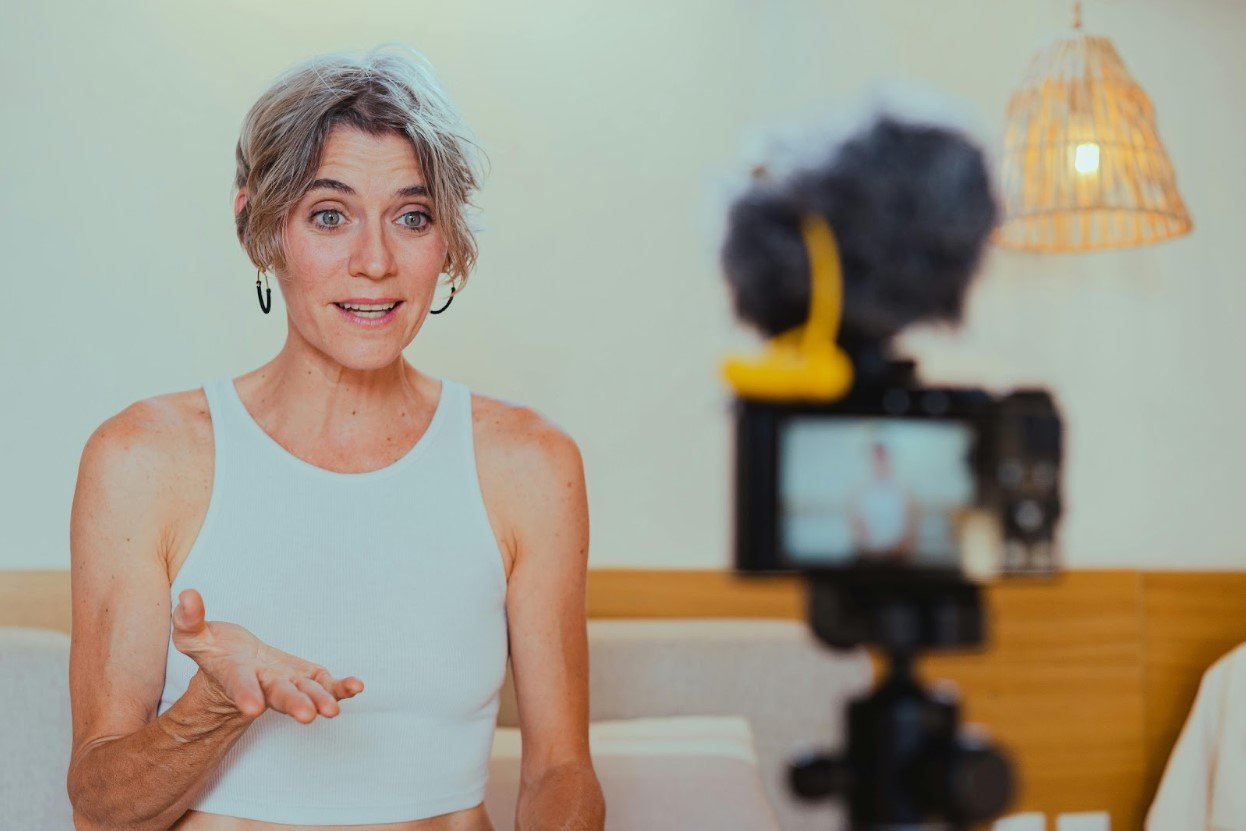
Source:Los Muertos Crew/Pexels
This is leading them astray because most influencers are not licensed to give medical advice.
Health Professionals Are Adapting with Online Health Support
The health industry is responding to the chronically online generation with the introduction of digital health products and apps that correct health support.
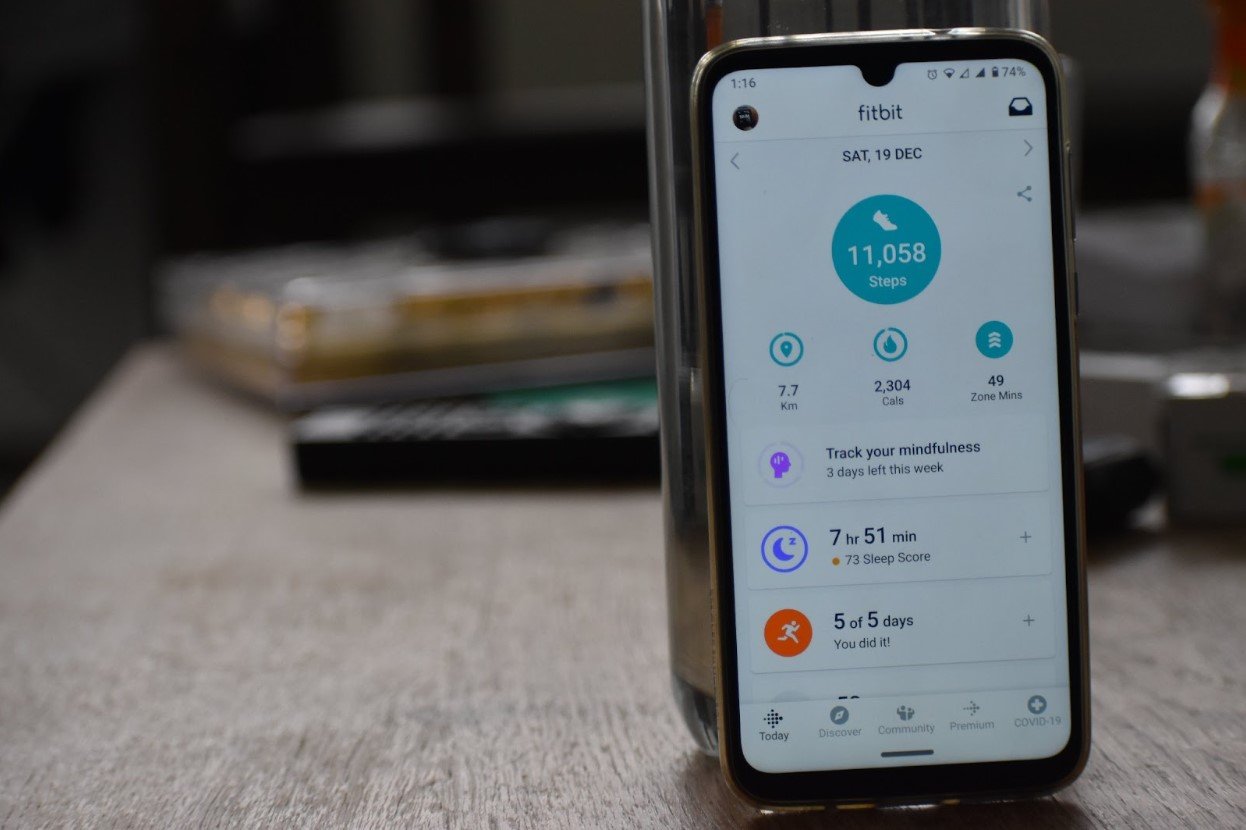
Source:Joshua Miranda/Pexels
Previously, health professionals have fought the idea of digital health services; however, the public is now online a majority of the time, and they are adapting to the new world.
General Public Is Chronically Online, Causing a Need for Online Health Services
Because of consumer demand for online health services, the companies who previously vetoed the idea are now coming around to the idea of online health services (via Forbes).
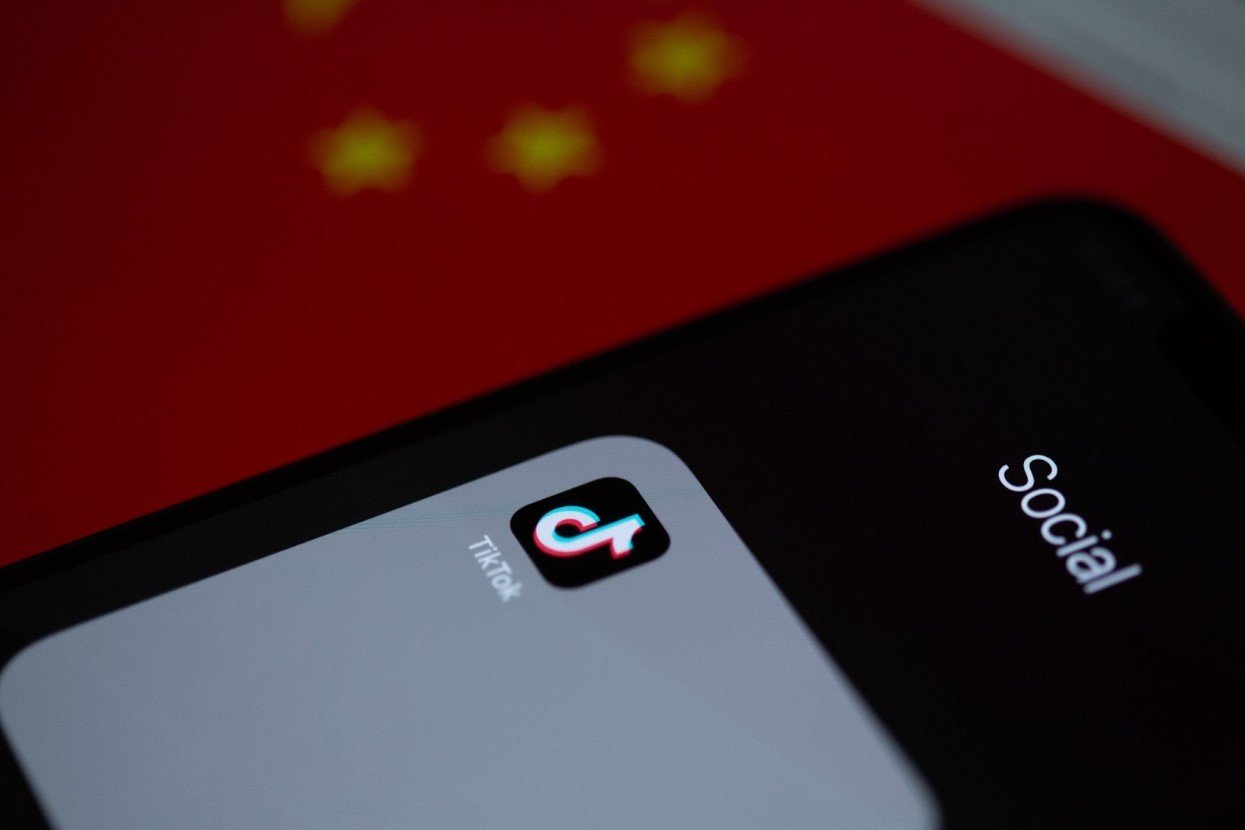
Source: Solen Feyissa/Pexels
This could be due to the fact that people were primarily online during the lockdown due to COVID-19.
Influencers Are Not Psychologists
One of the most popular health searches on TikTok is for mental health support.
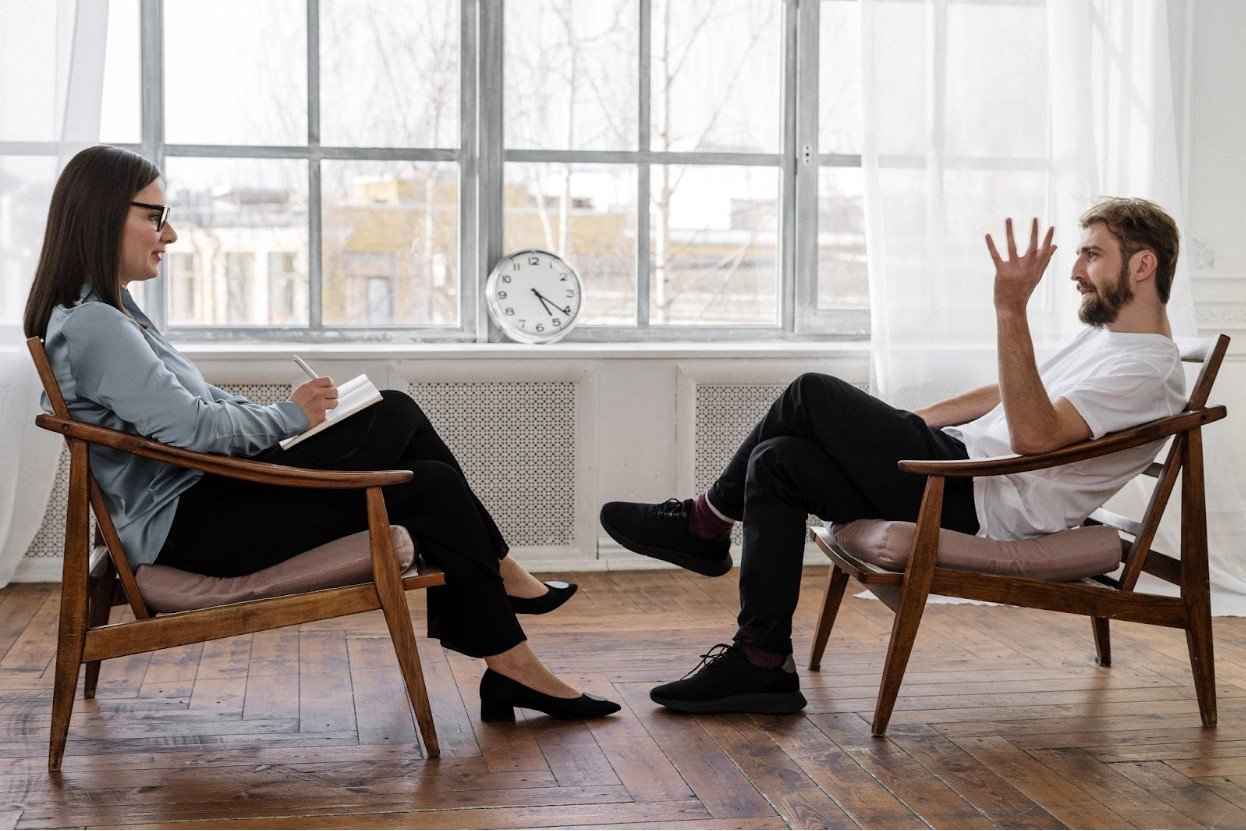
Source:cottonbro studio/Pexels
It is good for people to be able to see influencers talk about mental health, so they don’t feel alone. But when it turns into giving health advice, that’s when things start to get dangerous.
People Turn to TikTok for Mental Health Support
A recent study analyzing 500 TikTok videos tagged #mentalhealthtips found that a staggering 83% of the mental health guidance was misleading and could lead to detrimental outcomes by listening to these creators. 14.2% of videos had content that the study considered potentially dangerous that could lead to further mental health problems.
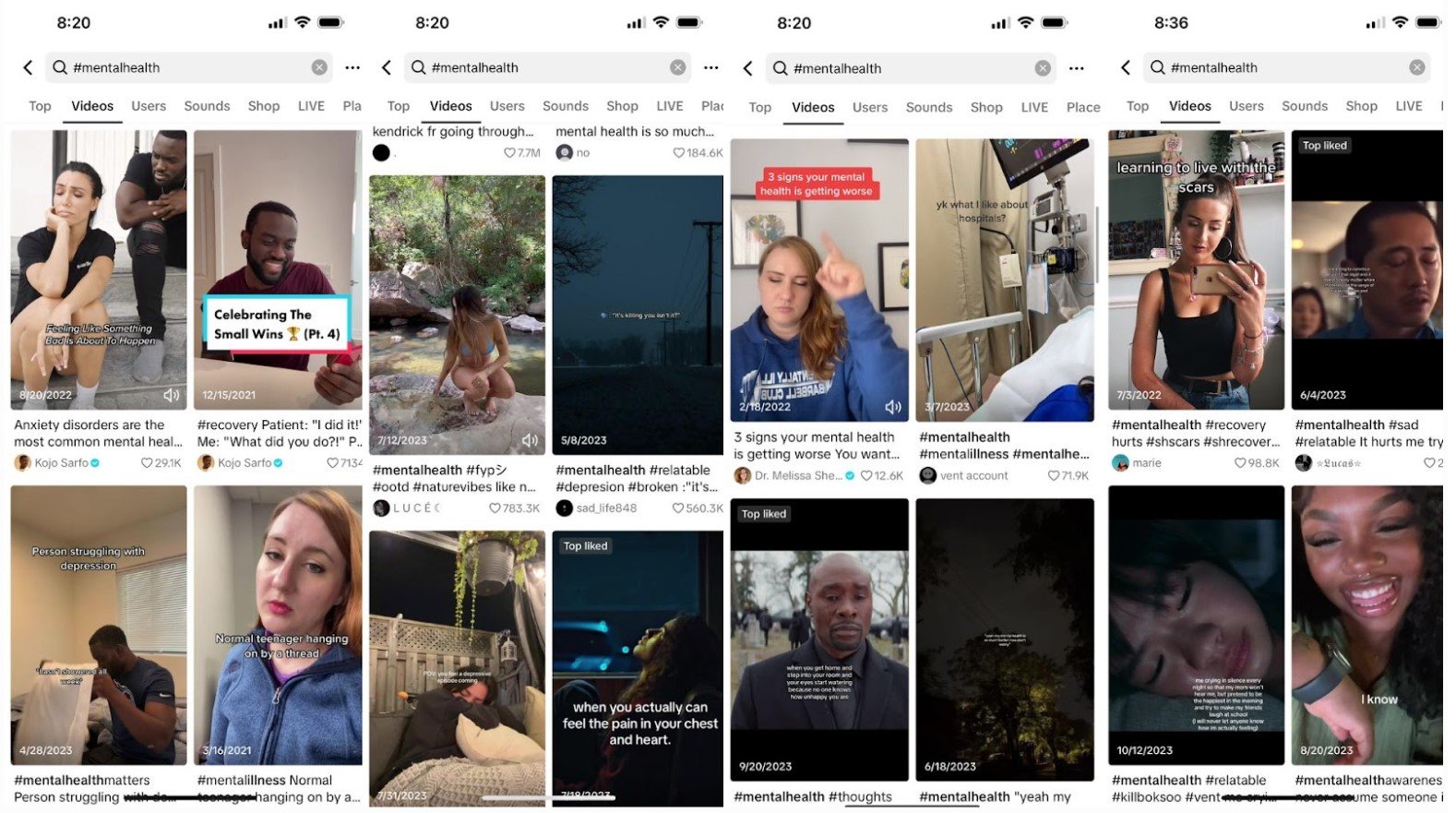
Source: TikTok
With 1 in 5 adults in the U.S. affected by mental illness each year, it is very important for people to get the right help they need as mental health and treatment is very specific to each person’s needs.
Professional Appointments Are More Expensive Than Your TikTok Therapist
Psychotherapist appointments, on average, cost $100-$200 per session, which is pricey for most people and sometimes not covered by insurance.
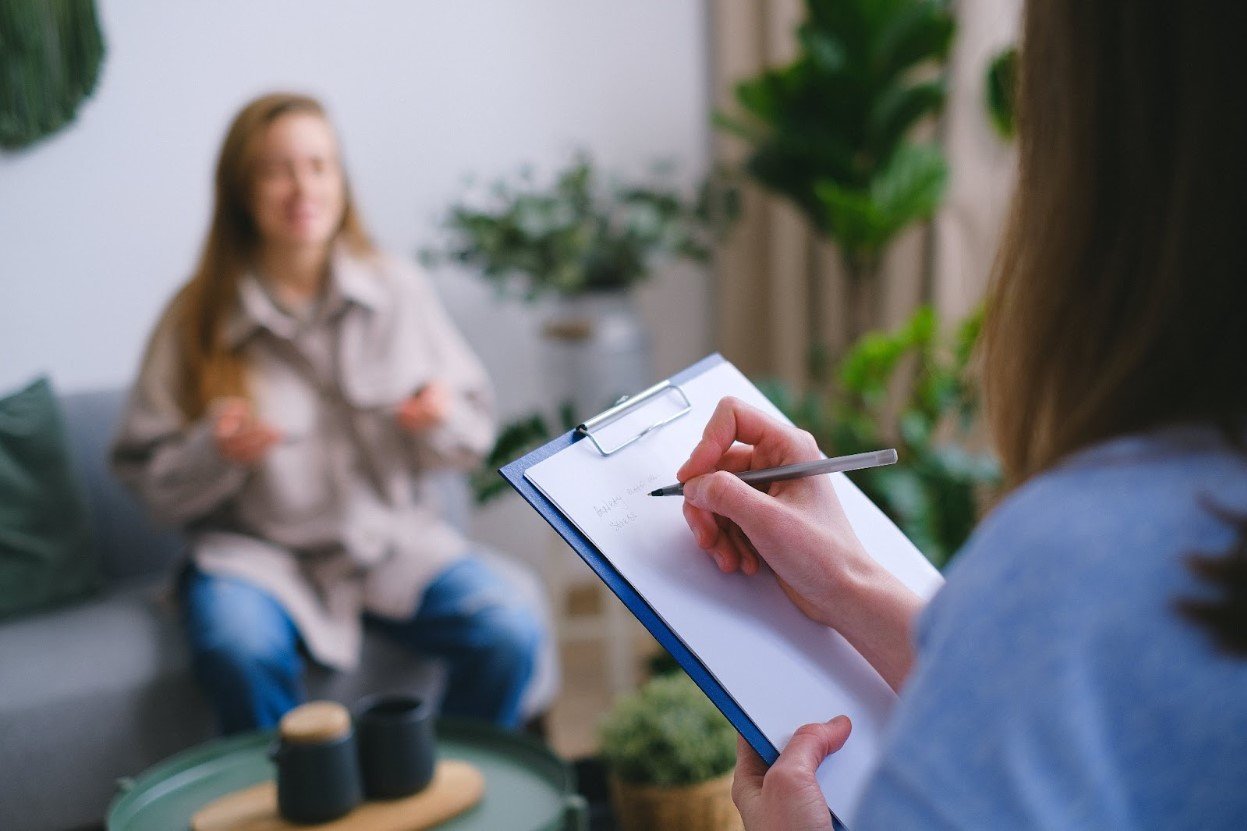
Source: SHVETS production/Pexels
This leads people to look at what they have at the touch of their fingertips, and that is TikTok on their phone.
There Is a Desire for Online Mental Health Help
So we can see there is a need for online mental health services that are cost-effective and don’t require lots of wait time.
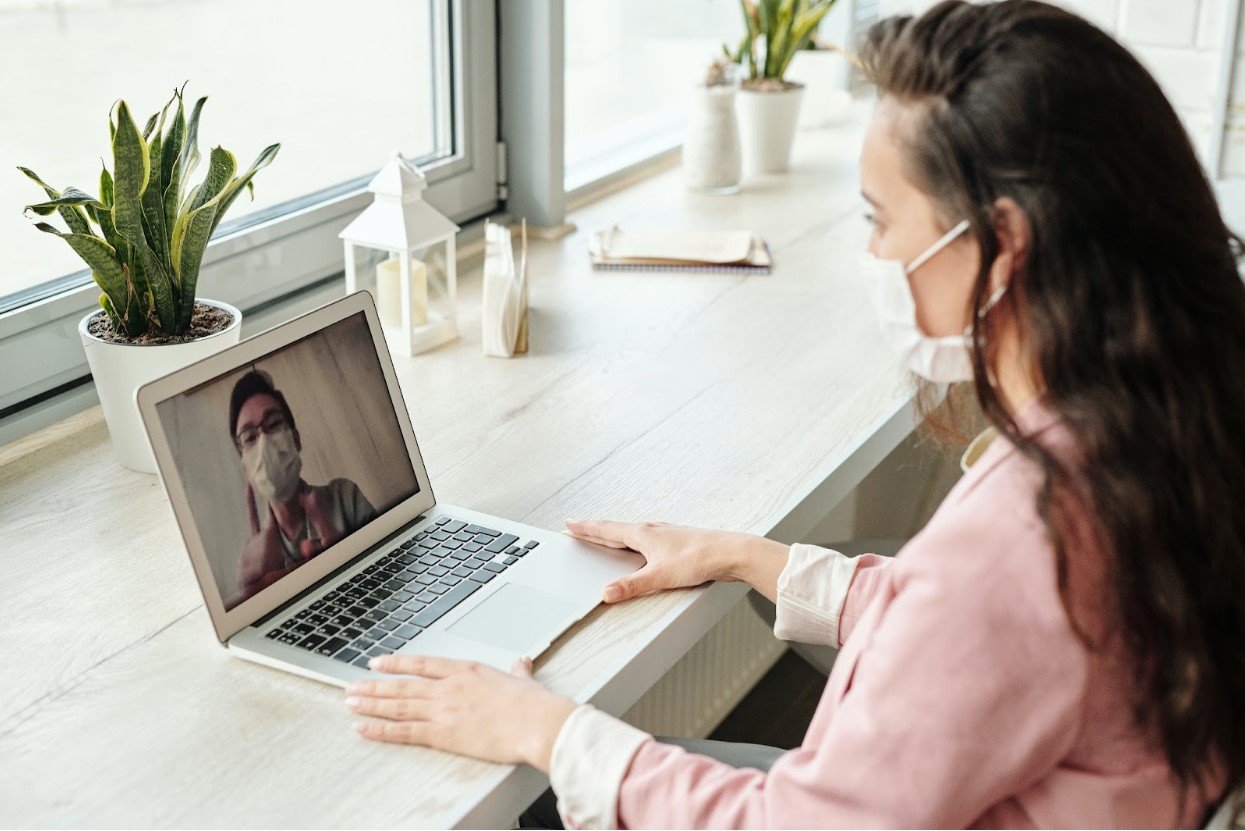
Source: Edward Jenner/Pexels
When you need help, it is good to have easy access to any mental health options on your phone. Mental health struggles are not something you are usually able to wait for an appointment to get help with.
Influencers Feel More Human Than Doctors
TikTok can feel more personal than a doctor or online forum, because it is a real person talking about their struggles or things they have experienced.
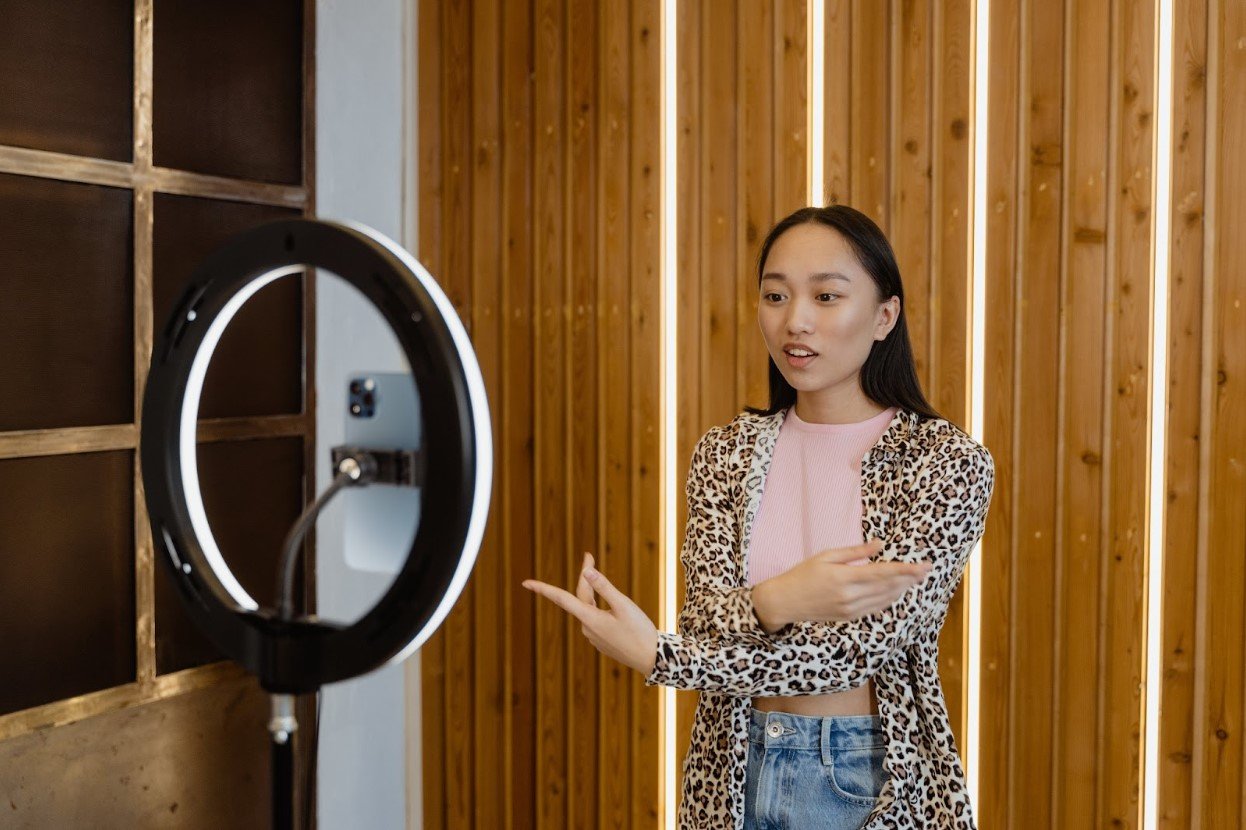
Source: MART PRODUCTION/Pexels
Health brands are noticing that people desire that human connection and are now introducing more telehealth, online communities, and personalized stories of hope to provide credible mental health support.
Free or Low Cost Online Health Options Need to Be Available
Insurance companies are introducing digital health care to large networks. The problem is the cost, when people need to have free or low-cost digital health services.
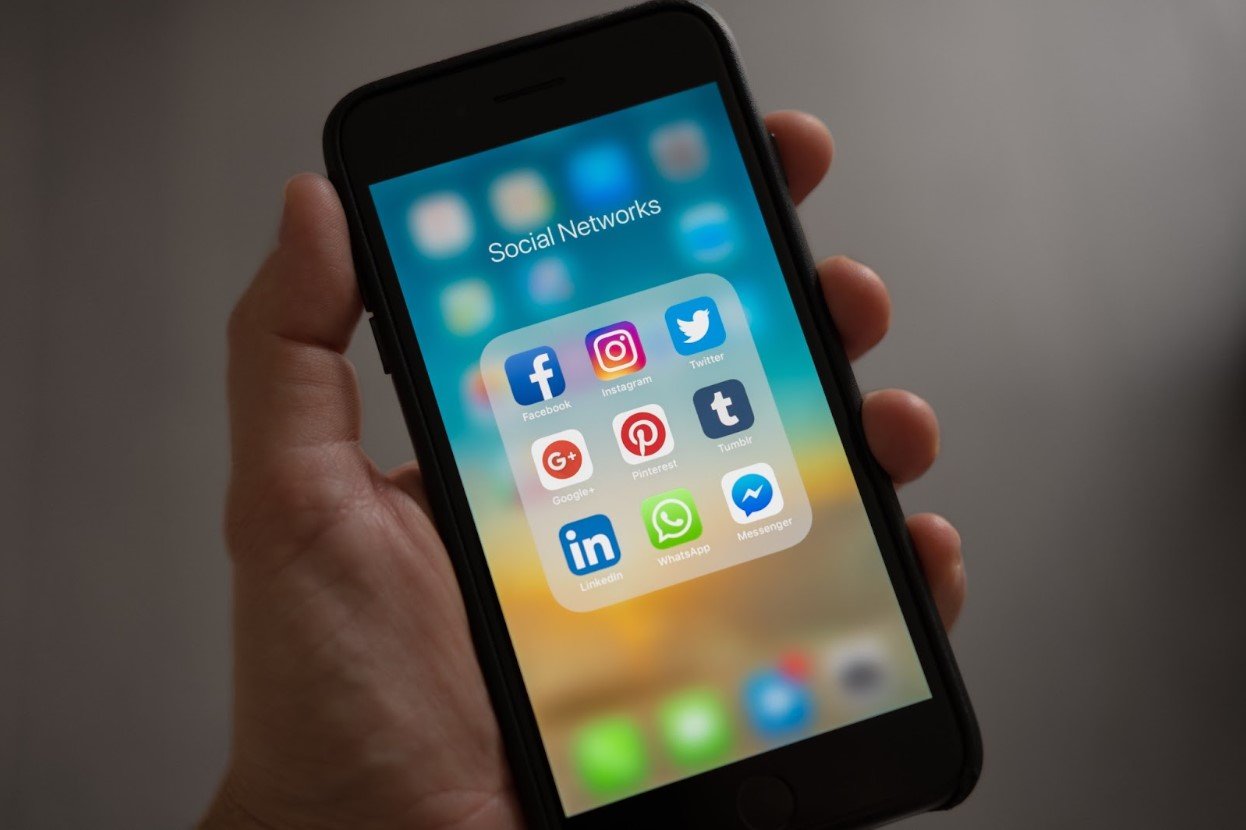
Source: Tracy Le Blanc/Pexels
If medical professionals want to compete with TikTok, which is free, they will have to offer no-cost options as well.
Big Pharma Is Working to Become Easier to Understand and Use
The health care industry is trying to consolidate all their information into easy-to-access online data for their patients, with their medical records, test results, and treatment options at the click of your finger in apps or online.

Source: Tima Miroshnichenko/Pexels
Health insurance companies and hospitals are also on track to making health care more user friendly with consolidating their technology as well into online platforms.
Digital Health Products Are the Future
TikTok and other apps like that will never disappear. Even if one closes, another similar one will likely pop up.
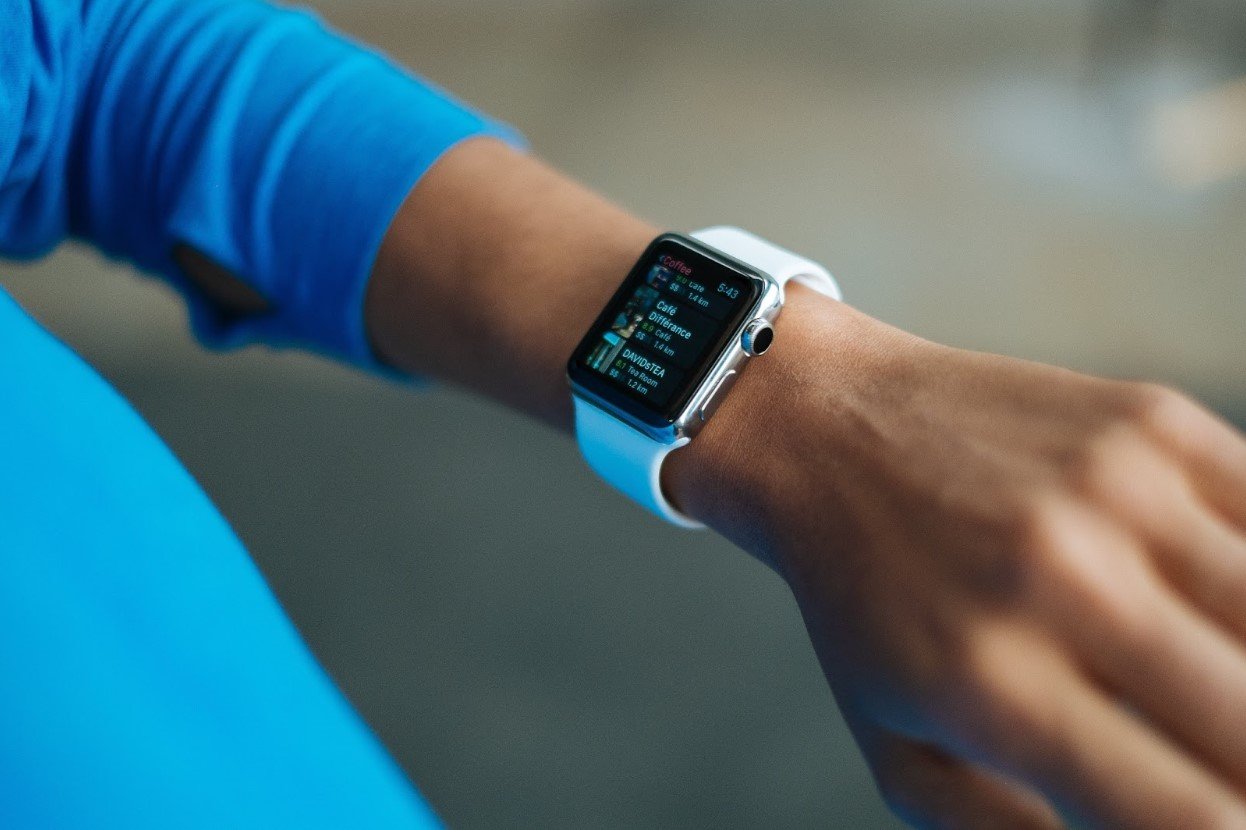
Source Pixabay/Pexels
However, digital health products such as online mental health access and devices such as Apple Watches and Oura Rings can be the future and offer professional health advice.
